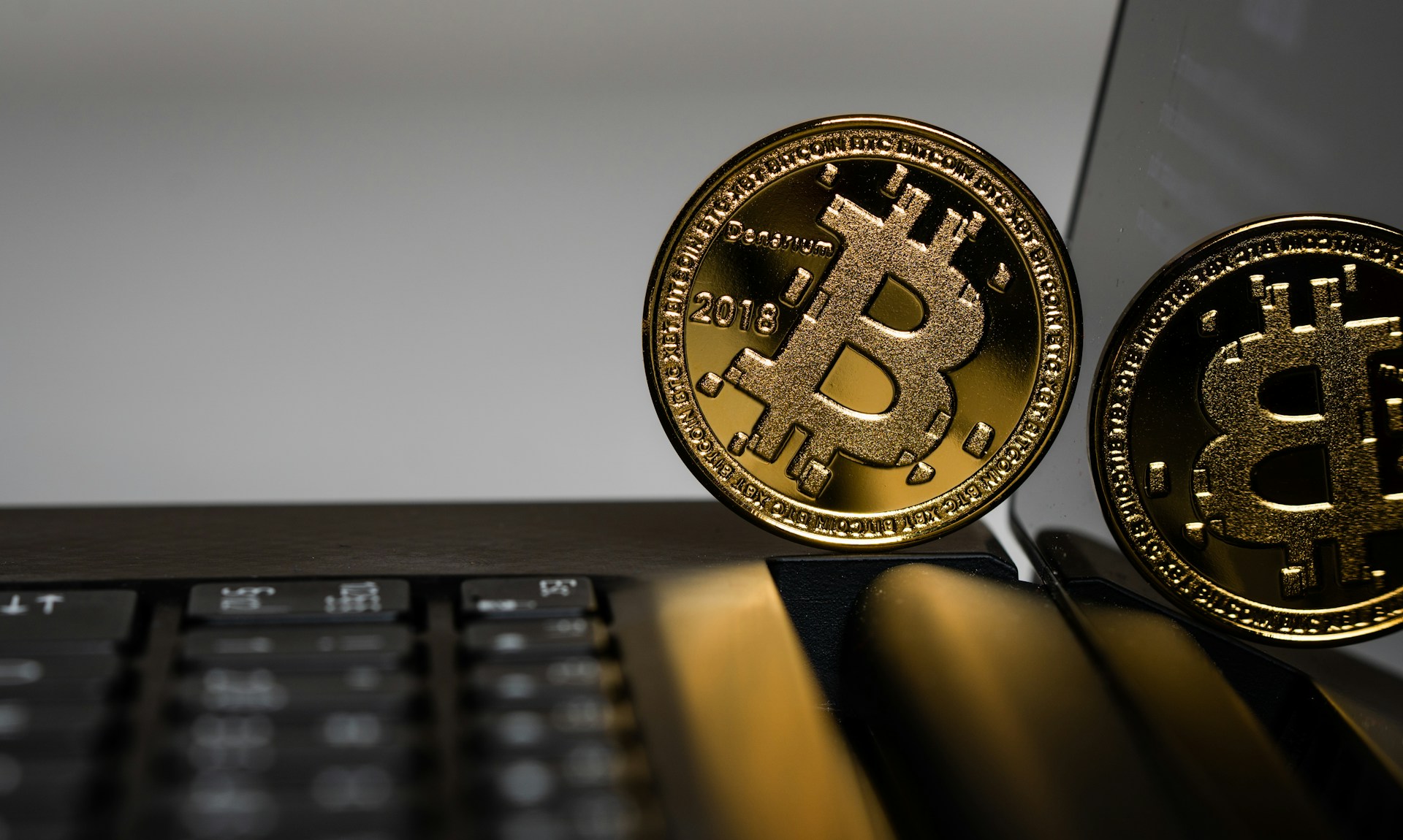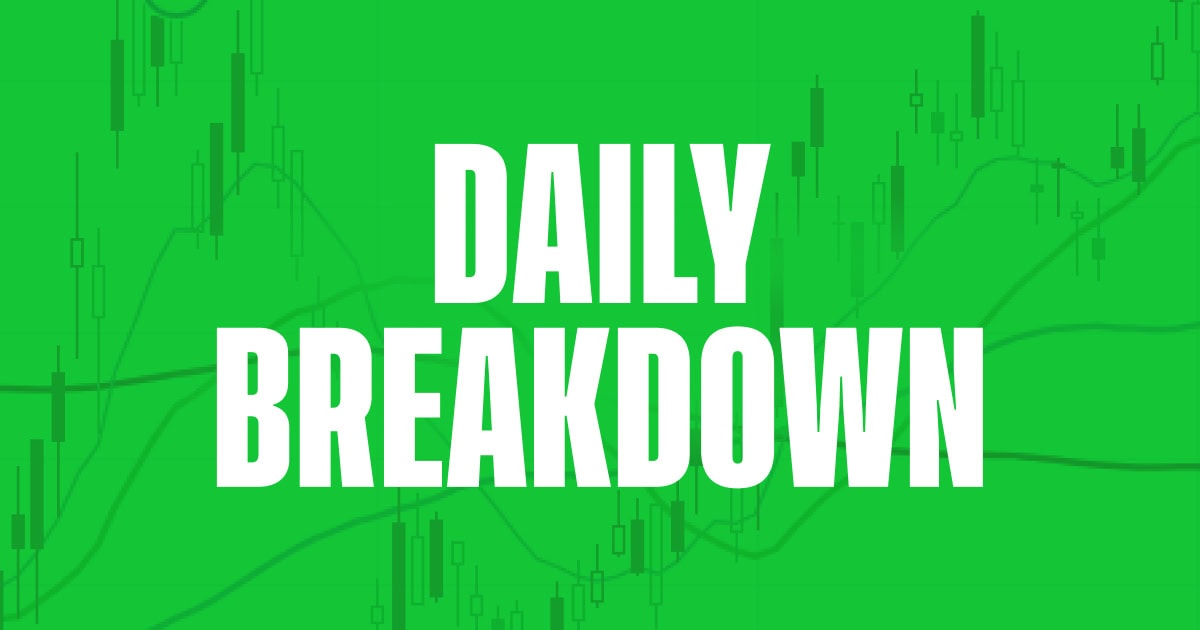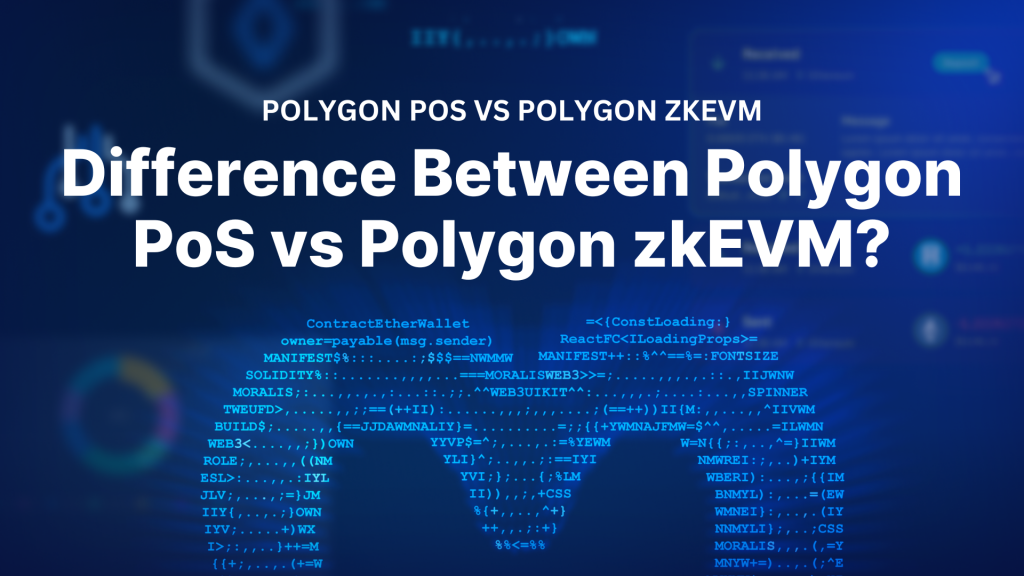Choosing between a CEX or DEX is one of the first decisions crypto investors have to make. Although it may seem a bit daunting, don’t stress over it: you can always try different exchanges before you find ‘the one’ for you – or even keep using several different platforms for your transactions. Still, knowing the differences between CEX vs. DEX is important for recognizing when each of them is better to use.
Differences Between CEX and DEX: Comparison Table
Importance of Choosing The Right Exchange
Selecting the right cryptocurrency exchange impacts your security, trading experience, and overall success. Different platforms offer unique features, fees, and security levels. Choosing the wrong exchange can result in financial loss or security risks.
Security matters. Centralized exchanges (CEXs) offer insurance, while decentralized exchanges (DEXs) provide self-custody.
Liquidity affects trade speed. Higher liquidity means faster trades with lower slippage (difference between expected and executed price).
Fees vary. Some exchanges charge high trading fees, while others offer discounts for volume traders.
Regulatory compliance. CEXs follow legal requirements, while DEXs offer privacy but may have restrictions.
What Is a Centralized Exchange (CEX) and How Does It Work?
A centralized exchange (CEX) is a cryptocurrency trading platform operated by a company that serves as an intermediary between buyers and sellers – so it has a central entity controlling it. CEXs manages user funds, processes trades, and enforces regulatory compliance.
CEXs function similarly to traditional stock exchanges, where users deposit funds into exchange-controlled wallets and place buy or sell orders. These orders are recorded in an order book, a system that ranks buy and sell requests based on price and volume. The exchange automatically matches orders and updates users’ balances accordingly.
Most CEXs require Know Your Customer (KYC) verification, where users submit personal identification before accessing full trading features. This ensures compliance with Anti-Money Laundering (AML) laws and prevents fraudulent activities. Additionally, CEXs offer features like market and limit orders, margin trading, and futures contracts to accommodate different trading strategies.
Read more about KYC and AML policy here – Why KYC Is Essential and Why We Might Ask You to Pass It
Examples of Popular CEXs
Examples of major centralized exchanges include Binance, Coinbase, and Changelly.
Advantages of Centralized Exchanges
A centralized crypto exchange can often make crypto trading faster, simpler, and more efficient. Here’s why traders prefer them:
Easy to Use. Most platforms have simple interfaces, making it easy for beginners to buy, sell, and manage crypto assets.
High Liquidity. More users and liquidity providers mean trades execute quickly with minimal price changes.
Fiat On-Ramps. Many centralized crypto exchanges allow direct deposits and withdrawals in traditional currencies, making it easier to trade between crypto assets and cash.
Advanced Trading Tools. Features like margin trading, futures, and limit orders can give traders more control over their strategies. Note that this applies to trading platforms – many centralized crypto exchanges don’t offer advanced tools and instead just provide a streamlined swapping experience.
Security & Compliance. CEXs follow Know Your Customer (KYC) and Anti-Money Laundering (AML) rules, making them safer than unregulated platforms.
Disadvantages of CEXs
Despite their benefits, centralized crypto exchanges come with risks:
Security Risks. Some CEXs store user funds, making them prime targets for hackers. Past breaches have led to billions in lost crypto assets.
Regulatory Risk. Centralized platforms must comply with local laws, meaning governments can impose restrictions, require Know Your Customer (KYC) verification, or even freeze assets if legally obligated.
Exchange fees. Many CEXs charge extra transaction fees for exchanges. Although they are typically small, this can be a downside for some investors.
What Is a Decentralized Exchange (DEX) and How Does It Work?
A decentralized exchange (DEX) is a crypto trading platform that operates without a central authority. Instead of relying on an intermediary, a DEX facilitates direct peer-to-peer transactions using blockchain technology and smart contracts (self-executing contracts with predefined rules). This removes the need for a company to manage funds or process trades.
DEXs aren’t the same as centralized crypto exchanges: they allow users to trade directly from their crypto wallets. Since there is no central entity controlling user funds, traders maintain full custody of their crypto assets. Instead of using an order book, many DEXs rely on automated market makers (AMMs) – a system where liquidity pools replace traditional buyers and sellers.
Unlike centralized exchanges, DEXs do not require Know Your Customer (KYC) verification. This means users can trade anonymously, without submitting personal identification. However, this also means DEXs operate outside of most regulatory frameworks, which can be quite risky.
Stay Safe in the Crypto World
Learn how to spot scams and protect your crypto with our free checklist.

Examples of Popular DEXs
Some of the most widely used decentralized exchanges include Uniswap, PancakeSwap, and dYdX.
Advantages of Decentralized Exchanges
A decentralized crypto exchange gives traders more control over their crypto assets. Here’s why some prefer them:
Full Custody of Funds. Users trade directly from their own wallets, meaning they never have to deposit funds onto the exchange.
Privacy & Anonymity. Unlike CEXs, DEXs do not require KYC verification, allowing users to trade without revealing personal information.
Resistant to Censorship. Since DEXs operate on smart contracts, no single entity can freeze or restrict user accounts.
Global Accessibility. Anyone with a crypto wallet and internet connection can access a DEX, regardless of location.
Lower Exchange Fees. Many DEXs charge lower transaction fees compared to CEXs, as there are no intermediaries involved.
Disadvantages of DEXs
Despite offering more financial freedom, DEXs have drawbacks:
Lower Liquidity. Compared to centralized crypto exchanges, many DEXs struggle with trading volume, making large trades harder to execute without price slippage.
No Customer Support. Since there is no centralized customer support, any mistakes are punished much more harshly. For example, if a trader sends funds to the wrong address, there is no way to recover lost assets.
Limited Fiat Support. Unlike CEXs, DEXs do not offer fiat on-ramps, requiring users to already own crypto to trade.
More Complex for Beginners. Without a traditional interface, crypto trading on a DEX requires knowledge of crypto wallets, private keys, and smart contracts.
Read more: How to buy crypto on Changelly.
Key differences between CEX and DEX
Now, let’s take a closer look at some of the differences between centralized and decentralized exchanges.
Control and Custody of Funds
Some CEXs act as custodians, holding users’ funds and private keys, meaning users entrust their assets to the exchange. In contrast, DEXs allow users to retain full control over their funds, as trades occur directly between users’ wallets without intermediary custody.
Please note that not all centralized exchanges hold user funds.
Anonymity and Privacy
CEXs typically require users to complete Know Your Customer (KYC) procedures, collecting personal information to comply with regulations. DEXs, however, often operate without mandatory KYC, enabling users to trade anonymously and maintain greater privacy.
Security
While CEXs implement security measures, their centralized nature makes them attractive targets for hackers, potentially putting user funds at risk. DEXs enhance security by eliminating a central point of failure, reducing the risk associated with centralized breaches.
Liquidity
CEXs generally offer higher liquidity due to their large user bases and active market-making, facilitating smoother and faster trades. DEXs may experience lower liquidity, which can lead to slippage and less favorable prices, especially for large orders.
Ease of Use
CEXs often provide user-friendly interfaces and customer support, making them accessible to beginners. DEXs, while improving, may present a steeper learning curve, requiring users to manage their wallets and understand blockchain transactions.
Trading Fees
CEXs may charge trading fees ranging from 0.1% to 0.5% per transaction, along with potential deposit and withdrawal fees. DEXs often have lower trading fees, but users also need to consider network (gas) fees associated with blockchain transactions, which can vary.
Asset availability
CEXs usually curate a selection of cryptocurrencies, often focusing on well-established assets and having higher standards for listings. DEXs typically offer a broader range of tokens, including newly issued or less common assets, as they allow any token meeting the platform’s technical standards to be traded.
Use Cases and Scenarios
The best exchange for you depends on your needs. Most centralized exchanges offer convenience, customer support services, and high liquidity, making them great for beginners and institutional clients. DEXs give crypto users full control over their funds and access to decentralized finance, but you’ll need to pay gas fees for every trade. Here’s when to use each.
When To Use a CEX
Centralized exchanges (CEXs) are ideal for crypto investors looking for user-friendly platforms with customer support services. They often provide a wide range of trading pairs and on-ramps, allowing users to exchange various cryptocurrencies and fiat currencies seamlessly.
Most centralized exchanges offer high liquidity, enabling quick execution of large orders, which is great for both retail and institutional clients. Some CEXs also offer access to advanced trading tools like margin trading.
When To Use a DEX
Decentralized exchanges (DEXs) are better suited for crypto users who prioritize privacy, control over their funds, and direct participation in decentralized finance ecosystems. Trading on a DEX allows users to maintain full custody of their assets, as transactions occur directly between wallets without intermediaries.
However, users should be aware that DEXs often require them to pay gas fees for each transaction, which can vary based on network congestion. Additionally, DEXs may have lower liquidity compared to CEXs, potentially leading to slippage during large trades.
Security Considerations
Whether you’re using a CEX or DEX, you will still need to watch your back – and crypto. Here are some tips and general advice on how to keep your funds safe when using crypto exchanges.
Protecting Your Funds on a CEX
Enable multi-factor authentication (MFA), it adds an extra layer of security.
Use withdrawal whitelists to only allow transfers to trusted wallets.
Choose platforms with strong security and compliance.
Be careful when entering your personal information, such as your crypto wallet address. While some CEXs can help you recover your funds in some circumstances, it’s not a guarantee.
Safe Practices When Using a DEX
Avoid phishing scams and always verify URLs before you get ready to transfer funds.
Use a secure wallet – hardware wallets add extra protection.
Prepare for fees and make sure they are fully covered by the amount you send, as doing otherwise will result in transaction failure.
Install browser wallet extensions like MetaMask that can offer phishing detection and transaction simulation to protect against malicious activities.
Final words
The CEX vs DEX debate comes down to control, convenience, and security. Most centralized exchanges offer higher liquidity, customer support services, and easy access to trading pairs, making them a solid choice for crypto investors who want a smooth experience. DEXs, on the other hand, give crypto users full control over their funds and decentralized finance access but require more knowledge to navigate.
Whether you choose a CEX or DEX, you should remember to follow the general crypto safety rules – enter the correct crypto wallet address, don’t share your private keys with anyone, and DYOR before making transactions.
FAQ: CEX vs. DEX
Are DEXs better than CEXs?
Not necessarily. DEXs provide privacy, full custody, and fewer restrictions, but they can be harder to use and have lower liquidity. CEXs offer more convenience and better support but require trusting a central company with your funds.
Can I trade the same cryptocurrencies on both CEX and DEX?
It depends. Most centralized exchanges list popular cryptocurrencies and altcoins with a proven track record, while DEXs often support a wider range of tokens, including smaller projects.
Do I need a wallet to trade on a CEX or DEX?
Yes. You need a crypto wallet for all crypto transactions. Although some CEXs offer custodial wallets – in-built crypto storage – it’s usually too risky. If you want to trade or hold crypto, you will need to get your own wallet.
Are decentralized exchanges completely anonymous?
Mostly, yes. DEXs don’t require KYC verification, allowing users to trade without sharing personal information. However, blockchain transactions are still traceable.
What are hybrid exchanges, and how do they differ from CEX and DEX?
Hybrid exchanges combine features of both CEXs and DEXs – offering higher liquidity and customer support services like CEXs while allowing users to retain control over their funds like DEXs.
What are the risks of relying solely on a CEX or DEX?
Relying on just one type of exchange, CEX or DEX, limits flexibility and increases risk exposure. Using both CEXs and DEXs strategically allows traders to balance security, liquidity, and accessibility, reducing the risks of depending on one system alone.
Disclaimer: Please note that the contents of this article are not financial or investing advice. The information provided in this article is the author’s opinion only and should not be considered as offering trading or investing recommendations. We do not make any warranties about the completeness, reliability and accuracy of this information. The cryptocurrency market suffers from high volatility and occasional arbitrary movements. Any investor, trader, or regular crypto users should research multiple viewpoints and be familiar with all local regulations before committing to an investment.
































